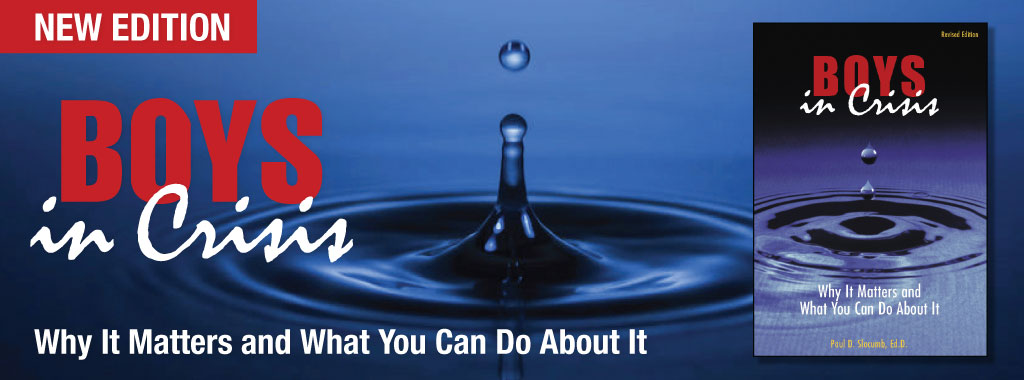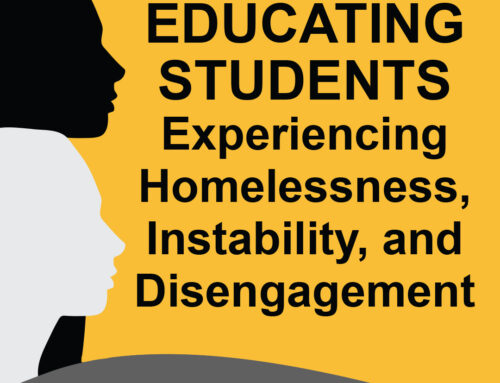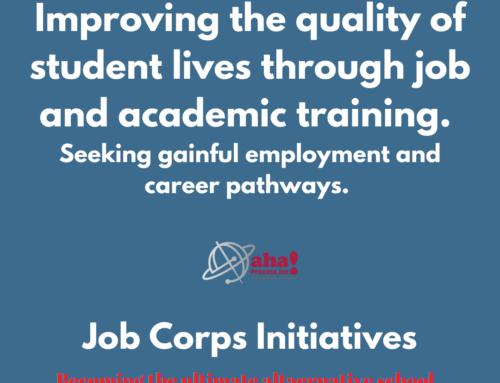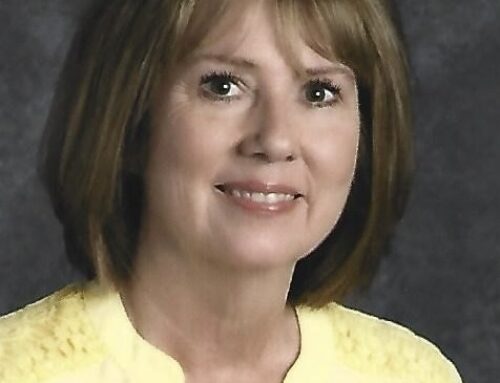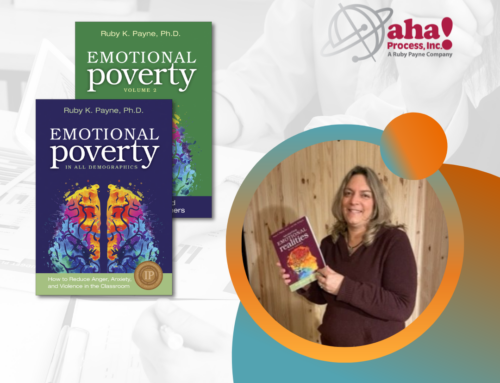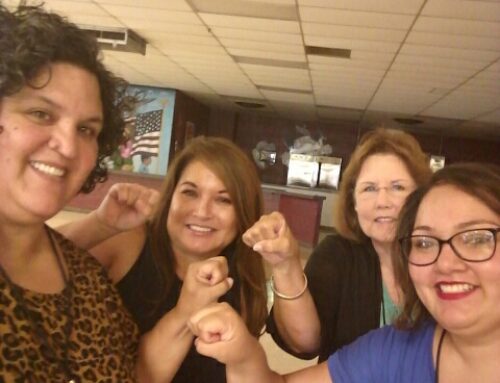 @rubyKpayne
@rubyKpayne
Conversation:
High School History Teacher: “I am calling about your son. He’s having difficulty in my class. He refuses to do his homework, doesn’t listen, and is generally non-cooperative.”
Parent: “Oh yeah, you’re that teacher he doesn’t like.” And the parent hung up.
So what happened here? Several things—wrong approach, no relationship, wrong “voice,” and hidden rules.
The conversation could have gone like this, and it would have been much more productive.
High School History Teacher: “Hi, I am Mrs. Payne. I have not gotten to meet you yet but look forward to it. I am calling about your son, John. I have found John to be very intelligent. I am thinking that you know your son much better than I do and I was wondering if you could help me understand him better. What would you say are the two or three most important things to know about your son?”
Parent: “He loves to read, he is as stubborn as the day is long, and he is very smart. He has a ‘sharp tongue’—will say things directly and harshly. He has a soft heart.”
Teacher: “I have noticed that he does not like to do the written work. When I ask him a question, he always knows the answers, but I have difficulty getting written homework from him. Would you have suggestions for me?” (Listens to the answers.)
“What are the ways you get John to cooperate with you? Sometimes he almost shuts down.’” (Listens to the answers.)
“I am going to try ________________ with John. I appreciate all of your help and your time. May I call you again in the future?”
In the second approach, the misunderstandings are much fewer. First, there is an introduction to and acknowledgement of the mother’s understanding of her child. Second, it is inclusive and welcoming. The mother has validation.
Third, the teacher does not make accusations about the student, but rather lets the parent tell the teacher what the teacher already knows. She treats the conference as an information gathering session rather than a “you have a bad child who needs to be fixed” lecture.
The adult voice is used as well as invitational language. The teacher sets up a continuing relationship (“May I call you again?”) and identifies an action that will be taken.
This approach eliminates many of the misunderstandings that often occur.
Ruby K. Payne, Ph.D. is the founder of aha! Process and an author, speaker, publisher, and career educator. Recognized internationally for A Framework for Understanding Poverty, her foundational book and workshop, Dr. Ruby Payne has helped students and adults of all economic backgrounds achieve academic, professional, and personal success.

